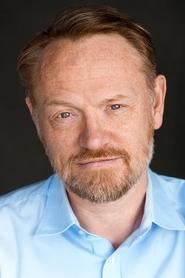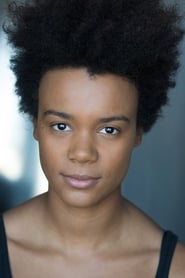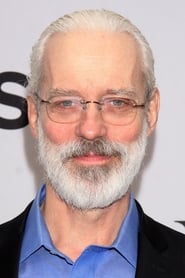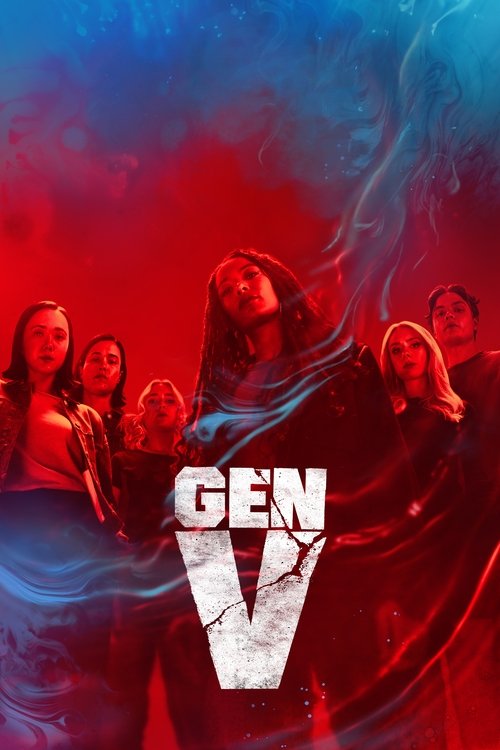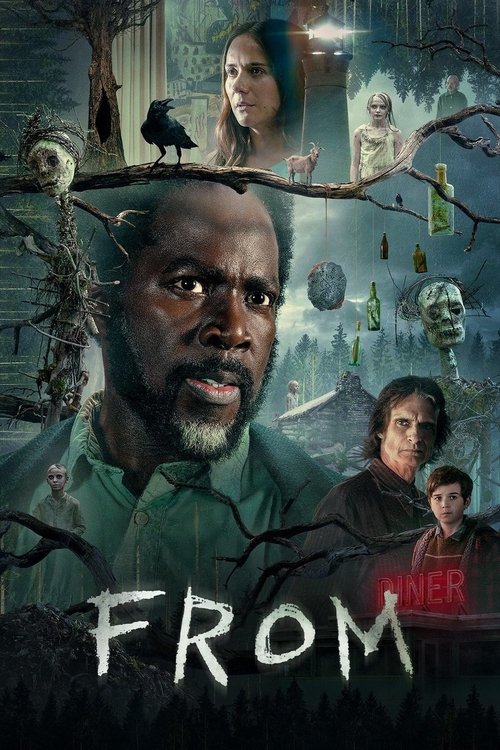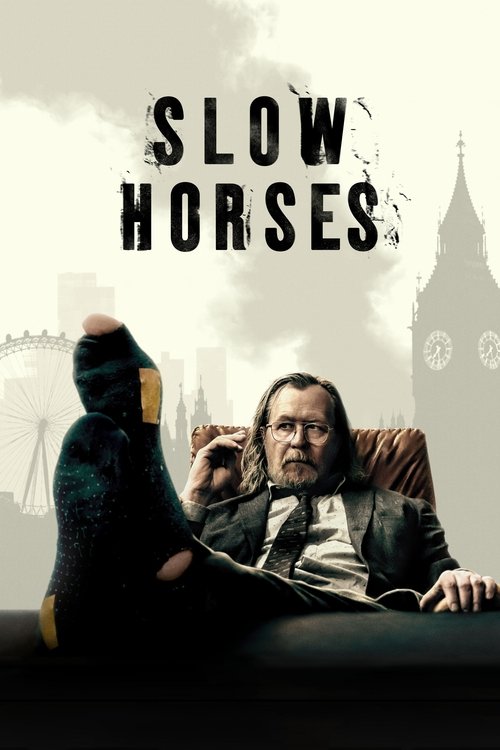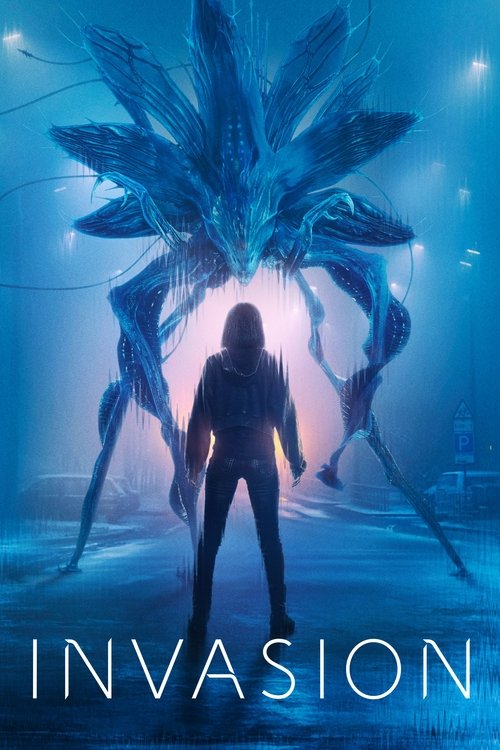
Ask Your Own Question
What is the plot?
In the distant future, the Galactic Empire, ruled by the three clones of Emperor Day, is at its peak. The story begins with Hari Seldon, a mathematician who has developed a theory of psychohistory, which predicts the fall of the Empire and a subsequent dark age lasting 30,000 years. Seldon is brought to trial for treason by the Empire, led by the current Emperor, Brother Day. During the trial, Seldon argues that he can shorten the impending dark age to just 1,000 years if he is allowed to establish a Foundation of knowledge at the edge of the galaxy.
Seldon is sentenced to exile on Terminus, a remote planet, along with his followers, including Gaal Dornick, a young mathematician who idolizes him. As they prepare for their journey, Seldon explains his plan to create a repository of human knowledge, the Foundation, to preserve civilization's achievements. Gaal is conflicted but ultimately chooses to follow Seldon, believing in his vision.
Upon arriving on Terminus, Seldon and his group begin to establish the Foundation. They face challenges from the local warlords and the Empire's influence. Seldon's vision is put to the test when they encounter a hostile warlord, who threatens their existence. Seldon uses his intellect to negotiate and outmaneuver the warlord, showcasing his strategic thinking and the importance of knowledge over brute force.
Meanwhile, on Trantor, the capital of the Empire, Brother Day grows increasingly paranoid about Seldon's predictions. He orders surveillance on Seldon and his followers, fearing their potential to disrupt the Empire. Brother Dawn, the youngest clone, begins to question the morality of their actions and the future of the Empire, feeling the weight of his role in maintaining control.
As the Foundation begins to grow, Seldon faces internal dissent from some of his followers who doubt his methods and the feasibility of his plan. Gaal, who has developed a close bond with Seldon, becomes a key figure in rallying support for the Foundation. They work together to create a new society based on knowledge and science, but tensions rise as resources become scarce.
In a pivotal moment, Seldon reveals a holographic projection of his psychohistorical predictions, demonstrating the inevitability of the Empire's fall. This revelation shocks the Foundation members and solidifies their resolve to continue their mission. However, Seldon's health begins to decline, and he realizes he may not live to see the Foundation succeed.
As Seldon's condition worsens, he entrusts Gaal with the future of the Foundation, urging him to remain steadfast in their mission. Gaal grapples with the weight of this responsibility, feeling both honored and overwhelmed. Seldon's death marks a turning point for the Foundation, as they must now navigate their future without his guidance.
In the aftermath of Seldon's passing, the Foundation faces external threats from the Empire, which seeks to eliminate any potential challenge to its authority. Gaal and the remaining members of the Foundation strategize to protect their burgeoning society. They form alliances with other planets and factions, leveraging their knowledge and technology to defend against the Empire's encroachment.
The season culminates in a confrontation between the Foundation and the Empire, where Gaal must make a critical decision to either fight back or seek a diplomatic resolution. He chooses diplomacy, believing that knowledge and understanding can prevail over violence. This decision leads to a tense negotiation, where Gaal must convince the Empire of the Foundation's value rather than its threat.
The season ends with the Foundation standing firm in its mission, having survived the initial challenges posed by the Empire. Gaal reflects on Seldon's legacy and the path ahead, knowing that the struggle for the future of humanity is just beginning. The final scene hints at the larger conflicts to come, as the Empire remains vigilant and determined to crush any opposition.
What is the ending?
In the ending of "Foundation" Season 1, the story culminates in a series of dramatic confrontations and revelations. Gaal Dornick, a mathematician, and Hari Seldon, the creator of psychohistory, face the consequences of their actions as the Galactic Empire begins to unravel. The season concludes with the establishment of the Foundation on Terminus, setting the stage for future conflicts and the struggle for survival against the Empire.
As the final episodes unfold, Gaal Dornick finds herself grappling with her role in the Foundation's future. She has become a key figure in the movement against the Empire, driven by her belief in Seldon's vision. Meanwhile, Brother Day, one of the ruling figures of the Empire, is increasingly paranoid and desperate to maintain control, leading to a confrontation with Seldon and his followers.
The season ends with the Foundation's establishment on Terminus, a remote planet where the remnants of humanity can begin anew, free from the Empire's oppressive rule. The characters are left with a sense of hope and uncertainty as they embark on their new journey.
As the final episodes of "Foundation" unfold, the tension escalates, leading to a climactic conclusion that sets the stage for the future of the galaxy.
Scene 1: The Confrontation The episode opens with Gaal Dornick standing in the dimly lit chamber of the Imperial palace, her heart racing as she faces Brother Day. The air is thick with tension, and Gaal's determination is palpable. She knows that the fate of the Foundation rests on her shoulders. Brother Day, clad in his regal attire, exudes an air of authority, but his eyes betray a flicker of fear as he confronts Gaal about the implications of Seldon's psychohistory.
Scene 2: The Revelation In a flashback, we see Hari Seldon, portrayed with a mix of wisdom and vulnerability, explaining his vision to Gaal. He speaks passionately about the inevitability of the Empire's fall and the need for a Foundation to preserve knowledge and culture. Gaal's internal conflict is evident; she is torn between her loyalty to Seldon and the fear of the Empire's wrath. The weight of her decision looms large as she realizes the stakes involved.
Scene 3: The Escape As the confrontation escalates, Gaal and her allies make a daring escape from the palace. The tension is palpable as they navigate the labyrinthine corridors, pursued by Imperial guards. Gaal's heart pounds in her chest, and her resolve strengthens with each step. She knows that their survival depends on reaching Terminus, the planet designated as the Foundation's new home.
Scene 4: The Establishment of the Foundation The scene shifts to Terminus, where Gaal and her companions arrive, weary but determined. The landscape is stark yet beautiful, a blank canvas for their new beginning. Gaal stands at the edge of a cliff, looking out over the vast expanse of the planet. The weight of her responsibility settles on her shoulders, but there is also a glimmer of hope. She envisions a future where knowledge can flourish, free from the Empire's grasp.
Scene 5: The Empire's Response Back on Trantor, Brother Day is shown in a darkened room, surrounded by his advisors. His paranoia has reached a boiling point, and he vows to crush the Foundation before it can gain any power. The camera lingers on his face, revealing the internal struggle between his desire for control and the fear of losing everything. The Empire's impending conflict with the Foundation looms large, setting the stage for future confrontations.
Scene 6: The Final Moments The season concludes with Gaal addressing the gathered members of the Foundation. Her voice is steady, filled with conviction as she speaks of their mission to preserve knowledge and culture. The camera pans over the faces of her companions, each reflecting a mix of hope and uncertainty. As Gaal finishes her speech, the screen fades to black, leaving viewers with a sense of anticipation for the challenges that lie ahead.
In the end, Gaal Dornick emerges as a leader, ready to guide the Foundation into a new era. Hari Seldon's vision has taken root, but the threat of the Empire remains ever-present. The characters are left at a crossroads, their fates intertwined with the future of the galaxy, setting the stage for the ongoing struggle between the Foundation and the Empire.
Is there a post-credit scene?
In the first season of "Foundation," there is no post-credit scene. The season concludes with the final episode, wrapping up the story arcs and character developments without any additional scenes after the credits. The focus remains on the main narrative, emphasizing the themes of psychohistory, the fall of the Galactic Empire, and the characters' struggles and motivations throughout the season.
What is the significance of Hari Seldon's psychohistory in the story?
Hari Seldon's psychohistory is a mathematical framework that allows him to predict the future of large populations. This concept is central to the plot as it drives Seldon to establish the Foundation, a group tasked with preserving knowledge and culture to shorten the impending dark age following the fall of the Galactic Empire. His motivations stem from a desire to save humanity from chaos, showcasing his deep understanding of human behavior and societal trends.
How does Gaal Dornick's character evolve throughout the season?
Gaal Dornick begins as a young mathematician who is initially naive and idealistic. As the season progresses, Gaal is thrust into a world of political intrigue and danger after being accused of treason alongside Seldon. Gaal's journey is marked by a growing awareness of the stakes involved in Seldon's plan and a deepening resolve to protect the Foundation's mission, reflecting a transformation from innocence to a more hardened, pragmatic outlook.
What role does the character of Brother Day play in the power dynamics of the Empire?
Brother Day, one of the ruling clones of the Empire, embodies the political machinations and authoritarian nature of the Galactic Empire. His character is driven by a desire to maintain control and suppress any threats to his power, particularly Seldon's predictions. Throughout the season, Brother Day's internal conflict is evident as he grapples with the implications of Seldon's psychohistory and the potential for his empire's downfall, showcasing his fear of losing power and the lengths he will go to preserve it.
How does the relationship between Gaal Dornick and Hari Seldon develop?
The relationship between Gaal Dornick and Hari Seldon is initially one of mentor and protégé, with Gaal admiring Seldon's intellect and vision. However, as Gaal becomes more embroiled in the political turmoil surrounding Seldon's trial, their relationship deepens into one of mutual respect and shared purpose. Gaal's loyalty to Seldon is tested as he faces the consequences of their actions, ultimately leading to a bond forged in the struggle to realize Seldon's vision for the Foundation.
What are the implications of the fall of the Galactic Empire as depicted in the series?
The fall of the Galactic Empire serves as a backdrop for the entire narrative, symbolizing the fragility of civilization and the cyclical nature of history. The series illustrates the Empire's decline through political corruption, fear, and the inability to adapt to change. This decline sets the stage for Seldon's Foundation, which aims to mitigate the chaos that follows. The implications are profound, as they raise questions about leadership, the preservation of knowledge, and the resilience of humanity in the face of inevitable decline.
Is this family friendly?
"Foundation," season 1, produced in 2021, contains several elements that may not be suitable for younger audiences or sensitive viewers. Here are some potentially objectionable or upsetting aspects:
-
Violence and Conflict: The series features scenes of warfare, including battles and the aftermath of violence, which may be intense and graphic.
-
Death and Loss: Characters experience significant loss, including the death of loved ones, which can evoke strong emotional responses.
-
Political Intrigue: The show delves into themes of betrayal, manipulation, and power struggles, which may be complex and unsettling for younger viewers.
-
Existential Themes: The narrative explores heavy philosophical concepts, such as fate, free will, and the nature of humanity, which may be difficult for children to grasp.
-
Dystopian Elements: The portrayal of a decaying empire and societal collapse can be dark and may evoke feelings of despair or anxiety.
-
Mature Themes: There are discussions and implications of moral ambiguity, sacrifice, and the burdens of leadership that may not resonate well with younger audiences.
These elements contribute to a narrative that, while rich and thought-provoking, may be more appropriate for older teens and adults.



